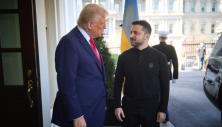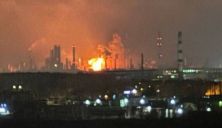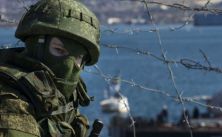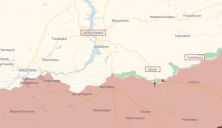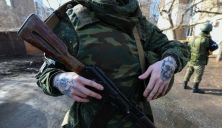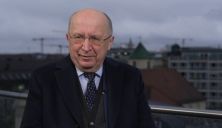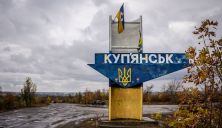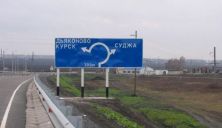The West still fears the collapse of the Russian Federation, and there are a number of reasons for this. Security challenges for countries bordering the Russian Federation will become more serious, and the issue of nuclear weapons control remains open. In addition, the impact on the world economy as a result of the defragmentation of Russia can also be quite significant. Doctor of political sciences, expert of the analytical center “United Ukraine” Ihor Petrenko expressed this opinion on the air of the TV channel FREEDOM.
“Actually, there are many factors. The first of them is an increase in the unpredictability of the situation. Although, again, it is probably difficult to call Putin an overly predictable person who thinks rationally, etc. In general, it is also difficult to bring all the actions of Russia under this, but it may be an increase of the same migration processes. Security issues will become more serious for the countries neighboring the Russian Federation, not only Ukraine. The same, let’s say, Finland, which recently became a member of the Alliance. If we take the Baltic Sea, even more countries can be named there, Sweden in particular. When a situation of war of all against all develops in the Russian Federation, they are afraid of this,” said the guest of the broadcast.
Plus, the Russian Federation is very integrated into global geopolitical, geoeconomic and geostrategic processes, says Petrenko.
“What is happening in the Russian Federation will affect the interests of many companies, states, influential families, etc. There is a lot to list here. Therefore, there are fears in this too. That is, the impact on the world economy as a result of some such processes, the collapse, defragmentation of Russia, can also be quite significant,” the expert believes.
Also, according to him, there are fears of a geostrategic nature – it is unclear who will control the fragmented Russia.
“Who will have time to build better relations with new state entities on the territory of the Russian Federation – China or the West? The question remains open. Who will get their bearings faster, who will be able to take advantage of the situation faster, too, are many questions,” added Petrenko.
And, of course, the question of nuclear weapons remains one of the main ones, says the political scientist: who will control it and how.
“There are scenarios that the process of defragmentation of the Russian Federation will look like a war of all against all. And Russia will actually become the center of terrorism. They are a terrorist state anyway. But it will have the appearance of a completely fragmented enclave of various terrorist organizations, of various orientations, which can be used by any world players to their advantage. Russia is a terrorist state, but when it’s all fragmented and completely uncontrolled, and everyone wants to use it all, there’s a potential threat. These are all quite serious challenges, which, apparently, Ukraine’s partners so far evaluate more negatively, as undesirable, than the scenario that there is also benefit from the collapse of the Russian Federation,” said Petrenko.
At the same time, the political scientist emphasized that, without a doubt, there is a benefit from the collapse of the Russian Federation, because there is no certainty that when Putin leaves, someone else, either the same or worse, will not take his place.
“It is not a fact that in general the situation can somehow change and that Russia will start respecting international law,” added the guest of the broadcast.
According to the political scientist, the most important problem is the lack of similar substantive discussions at different levels regarding the disintegration of Russia. In addition, he says, there are generally good trends there, but it is not yet possible to say that they have reached some kind of final phase, that the collapse of the Russian Federation is inevitable.
“Ukraine really wants this, but it is necessary to understand the broader outline of the problems that may arise with it. It is obvious that these scales of scales prevail to the point that it should be more feared,” the expert summarized.




